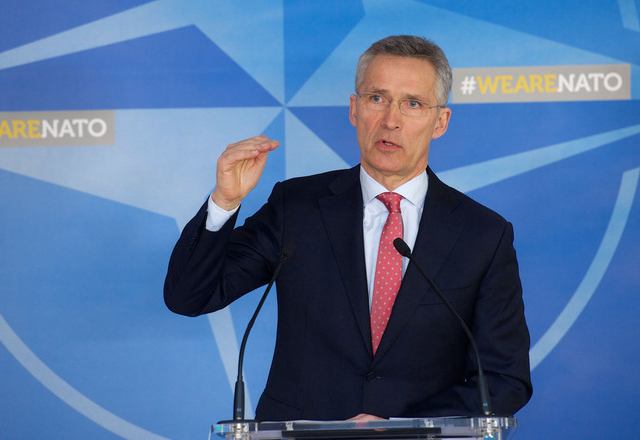Lawyer or leader? That’s the question being posed about Sir Keir Starmer, leader of the Labour Party in the UK.
Actually, to be more accurate it is a question asked recently by the country’s PM Boris Johnson, himself under current intense scrutiny about a range of issues, not least of which are the lockdown parties he hosted over the last two years.
The two have traded verbal blows for weeks now with the pressure piling on Johnson to quit over “partygate.”
Whatever the fate of Boris Johnson, many are now coming round to the idea of Starmer stepping into his shoes after the next UK general election .
If so, what sort of PM would the UK be getting?
Well, for a fascinating insight into that you might do well to dip into a well researched and readable book on Starmer by former Financial Times journalist Nigel Cawthorne.
Cawthorne might claim a bit of interest here as he attended Starmer’s grammar school a few years before him.
The 200 page plus book “Keir Starmer: A life of Contrasts” recovers from what this writer regarded as a quite awful start where the topic seems to be more about the (admittedly deeply flawed) educational system in the UK than Starmer to transform into a good read on Labour’s leader.
It charts Starmer’s impressive rise from relatively humble beginnings, in a council house in Surrey, to become the Director of Public Prosecutions on the UK.
Despite having a law degree from Oxford it still took him years to reach prominence. But having navigated his way through his early years as a human rights lawyer in London, there was really no holding him back, as the author spells out.
It is at times easy to forget that Starmer is relatively new to politics: the 2015 general election was his first entry into national politics.
After what many regarded as the rather disastrous spell under Jeremy Corbyn’s leadership, Starmer seized his chance for the top job, easily dismissing the challenge of his rivals like Rebecca Long-Bailey.
Perhaps because of his background Starmer, as the author rightly explains, has always had a certain empathy with the downtrodden and needy, trying to address the drastic inequalities in his own constituency in Holborn and St Pancras in London.
Starmer, as Labour’s man on the Brexit helm, also sought to steer a path between the Tory hardliners who wanted the UK out of the EU at all costs and those in his own party who advocated a more rational exit.
So, is Starmer PM material? It is the title of the last chapter in this well researched book and one that is, in reality, yet to be answered.
Now in his 50s, still good looking and with a burning ambition for the top job, there’s no doubt that he’d be a fascinating fit for the PM role.
You’d think that with the Tories seemingly in disarray at present, it’s a question of when, not if, he will assume the role of PM.
But, as is well known and was once said by former PM Harold Wilson, a week is a long time in politics.
When asked who was the Labour leader he most admired over the last 50 years, Starmer picked Harold Wilson “because he got the party united.”
The challenge for Starmer now is to win back those red wall seats won last time by Boris Johnson and then unite the country behind him.
“Keir Starmer: A life of Contrasts” is published by Gibson Square Books.




